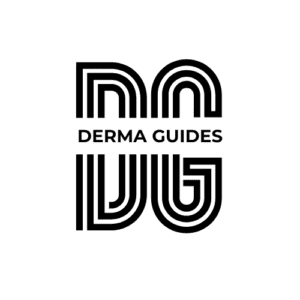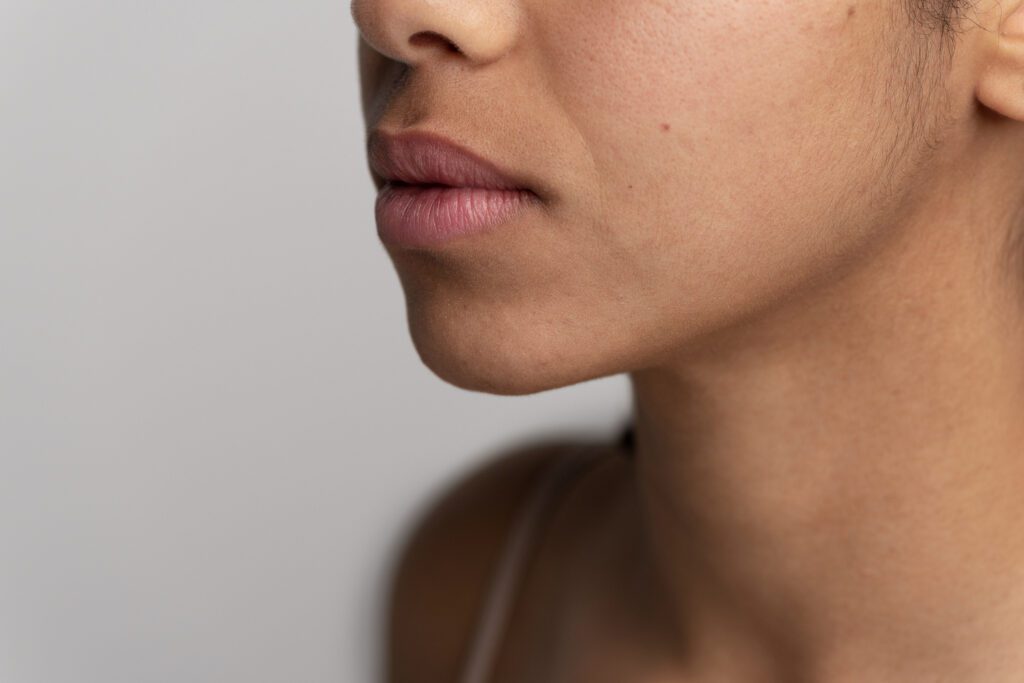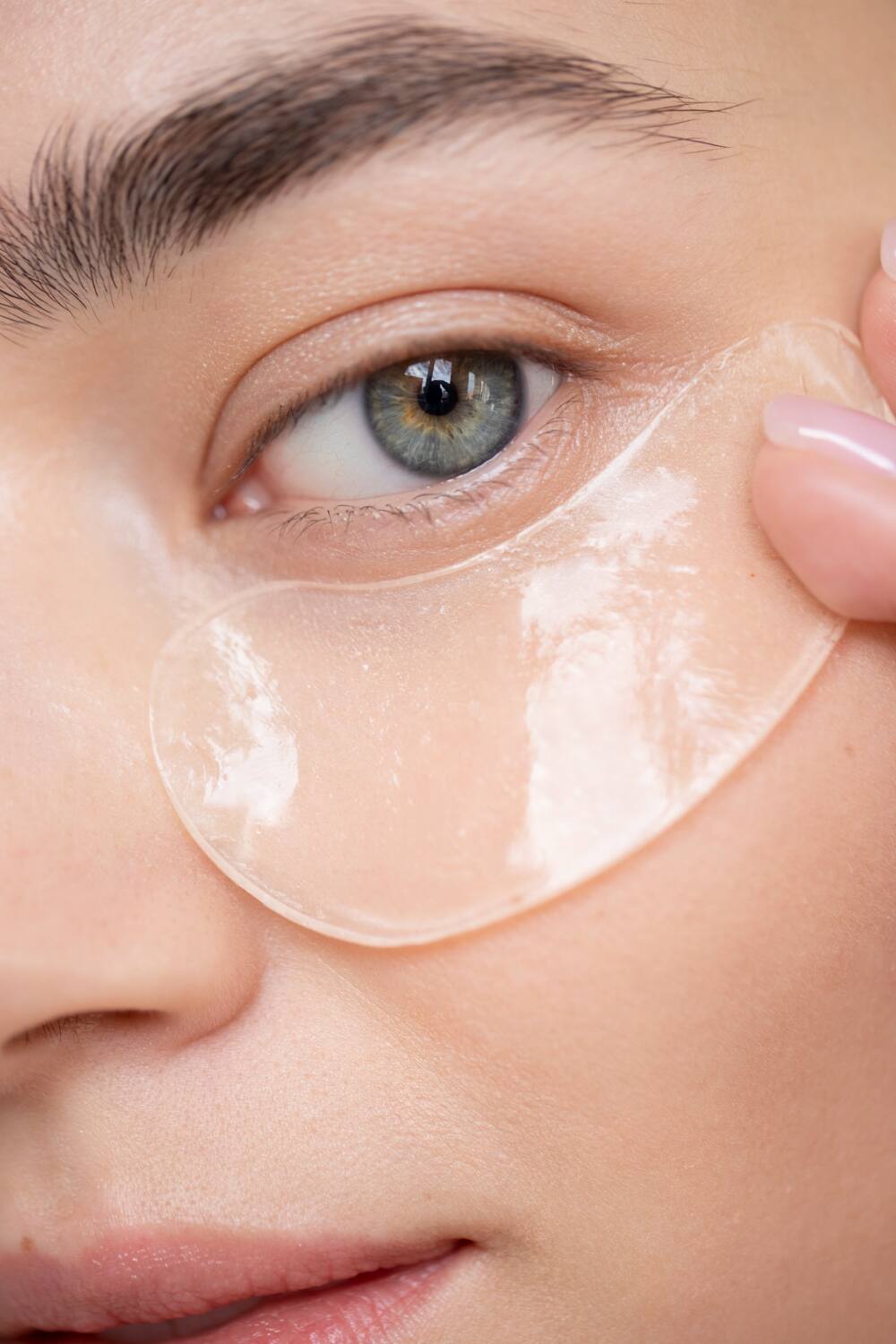Hyperpigmentation around mouth often occurs as darker patches or spots on the skin due to excess melanin production. It could be due to exposure to the sun, hormonal changes, or a post-inflammatory response due to acne or irritation. Although certain home remedies can lighten up the skin, in some cases professional treatments from a dermatologist produce faster and longer-lasting effects.
In this article, we will go over causes, treatment options, and prevention tips to help you restore your glow.
What Is Hyperpigmentation Around the Mouth?
Hyperpigmentation occurs when the skin produces excess melanin, as a result of a protective mechanism against harmful UV radiations. Melanin is the pigment responsible for skin color. This leads to darker spots or patches around the mouth compared to the whole skin. When hyperpigmentation affects the area around the mouth, it can be more prominent, as the skin in this region is more sensitive and often exposed to factors like sun damage, hormones, and irritation.
Although hyperpigmentation around the mouth area is generally very common, it doesn’t have to be permanent. Proper identification of the causes and the right treatments can thus be chosen to manage dark spots and diminish them effectively.
Common Causes of Hyperpigmentation Around the Mouth
To tackle these spots effectively, it’s very important to first understand why dark spots form around the mouth. Here are the most common causes:
1. Sun Exposure and UV Rays
One of the primary causes of dark spots around the mouth is sun exposure. UV rays from the sun stimulate more melanin production. Over time, this can lead to the formation of sun spots or age spots in areas mostly exposed to the sun, including the areas around the lips. This problem is mostly faced if you do not apply sunscreen to the mouth area.
Board-certified dermatologist Dr. Jessica Wu said, “Sun exposure triggers melanin production to protect the skin, but prolonged exposure causes uneven pigmentation, particularly around the upper lip and chin.”
Always apply broad-spectrum sunscreen with SPF 30 or higher on your face, including around the mouth, to prevent damage from sun exposure and dark spots.
2. Hormonal Changes (Melasma)
In many cases, hyperpigmentation results from hormonal changes, mainly in the mouth area among pregnant women. Another cause of hyperpigmentation around mouth may be hormone replacement therapy (HRT). Melasma is a form of hyperpigmentation that forms dark patches on the skin. Most people suffer from it around the upper lip, cheek, or forehead, and it becomes more prominent with sun exposure.
Talk to your dermatologist if you have melasma or are experiencing hormonal changes. He might suggest topical treatment or sun protection procedures particularly.
3. Post-Inflammatory Hyperpigmentation (PIH)
If you do get a breakout of acne, or suffer an injury, or irritation anywhere around the mouth area, you may notice dark spots begin to appear as the area heals. This phenomenon is termed post-inflammatory hyperpigmentation or PIH. The production of excess melanin, following an injury and being part of the healing cycle, results in darker patches of skin.
Tip: Avoid picking or squeezing acne around your mouth, as this could contribute to your risk of PIH. For existing PIH, products containing vitamin C, retinoids, or niacinamide may be effective in fading dark spots.
4. Medication Side Effects
Certain medications, such as oral contraceptives, hormone replacement therapy, or even antibiotics like doxycycline, can make your skin more sensitive to sunlight and trigger melanin production which leads to hyperpigmentation around the mouth. Certain chemotherapy drugs can result in dark spots or other skin problems.
As long as you take medication, you can consult your doctor and discover the underlying cause of hyper-pigmentation around the mouth due to medication. This might help you to prevent it further darkening of your skin.
5. Vitamin Deficiencies
You might be surprised to learn that many skin problems, including hyperpigmentation and acne breakouts, can result from essential vitamin deficiencies like vitamins B12 and D. A 2018 study by Trusted Source found that vitamin D deficiencies were also prominent in people with melasma.
Who Is More Prone to Hyperpigmentation Around Mouth?
Some people are at more of a risk of developing hyperpigmentation around their mouths. This includes:
- Dark Skin: This includes people who are dark-skinned as they produce a lot of melanin. As a result, they show a high chance of developing hyperpigmentation in certain portions of the face, especially after exposure to sunlight.
- Pregnant Women: Many hormonal changes occur during pregnancy, particularly during the second trimester, and can lead to melasma, a form of hyperpigmentation around the mouth, as well as the cheeks and forehead.
Studies have shown that up to 70% of pregnant women experience melasma during pregnancy, making it one of the most common skin conditions among expectant mothers (Davis et al., 2016).
- People on Certain Medications: Some Medications-Drug may cause hyperpigmentation either by affecting hormone levels or by making the skin sensitive to sun exposure. Such medications include birth control pills, hormone replacement therapy, and some antibiotics.
- Individuals with Acne-Prone Skin: If you have had breakout acne or other skin issues, post-inflammatory hyperpigmentation is more possible which can leave dark spots after acne heals.
Treatment Options for Hyperpigmentation Around the Mouth
While hyperpigmentation is long-term, various treatments are available to fade dark spots. Here is how to do it:
1. Home Remedies
There are several simple, over-the-counter remedies that you can use to lighten dark spots around the mouth. Even though they cannot be effective overnight, they are indeed effective if done consistently in the long term:
- Aloe Vera: With soothing properties, aloe vera is used to lighten dark spots and boost general skin complexion.
- Lemon Juice: This has natural acids that brighten up the skin. Though irritating sometimes, always dilute it or mix 2-3 drops of lemon juice combined with any home remedy. Do a patch test before applying it to the skin.
- Honey: It is a natural moisturizer, it also helps to lighten hyperpigmentation and soothes irritated skin.
If you’re dealing with lip pigmentation specifically, you should explore our Top 5 Lip Pigmentation Removal Treatments You Should Try. These will also complement your treatment approach for getting rid of dark spots on and around the mouth.
2. Medical Treatments
If home remedies are not working for you, you may need to consider some professional treatments. These include:
- Prescription-Strength Retinoids: These can accelerate skin cell turnover, which may help to fade dark spots.
- Hydroquinone: This is one of the most commonly prescribed agents for lightening skin in cases of hyperpigmentation.
- Laser Treatments: Procedures like Fractional lasers and intense pulsed light (IPL) aim at minimizing melanin within the skin to reduce dark spots.
- Chemical Peels: Exfoliation of the superficial skin can remove dead skin of the pigmented epidermis and create a fresh epidermis to replace it.
If you are not sure about which treatment to select, then better go see a dermatologist about the best course of action.
How to Avoid Hyperpigmentation Around the Mouth?
Preventing hyperpigmentation around the mouth is always better than treating it. Here are some tips on how to protect your skin:
- Wear Sunscreen Daily: Protect your skin from UV rays by applying sunscreen every day, even when it’s cloudy. Be sure to cover the area around your mouth.
- Avoid Picking at Skin: Avoid picking at acne or scabs around your mouth to prevent post-inflammatory hyperpigmentation.
- Consider Your Medications: If you’re taking medications that can trigger pigmentation, consult with your doctor about adjusting your treatment or using additional sun protection.
- Maintain a Healthy Diet: Make sure you’re getting enough vitamins, especially B12 and D, to support skin health.
- Use Gentle Skincare Products: Avoid products with active ingredients that can irritate the skin and lead to further pigmentation.
When to See a Doctor
While many cases of hyperpigmentation can be managed at home, there are times when it’s important to see a doctor:
- If dark spots persist or worsen despite your treatment efforts.
- If you suspect an underlying medical condition or vitamin deficiency is causing the discoloration.
- If you’re considering stronger treatments like lasers or chemical peels.
A dermatologist can assess the cause of your hyperpigmentation and recommend an appropriate treatment plan.
Takeaway
Hyperpigmentation around the mouth can be caused by a variety of factors, including sun exposure, hormonal changes, and post-acne scarring. Fortunately, there are several treatment options available, ranging from home remedies to professional treatments, that can help reduce the appearance of dark spots. Prevention is key, so always practice good sun protection, maintain a healthy skincare routine, and consult a dermatologist if necessary.
By addressing the root cause of the pigmentation and choosing the right treatment, you can restore your skin’s natural beauty and confidence.


